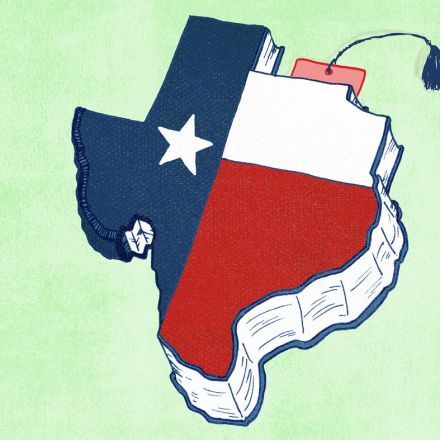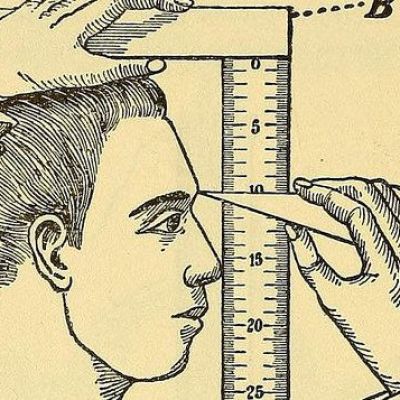

10 years ago
3
To see the legacy of slavery, look at present-day school systems
One of the many striking aspects of slavery was denial of education to slaves. How is this history reflected in today's school system?
Continue Reading
Additional Contributions:



























Join the Discussion
It's really good to see that the U.S. is realizing this. In South Africa we're struggling with exactly the same problem, but the dialogue around this has started emerging the past 10 years. The biggest thing that emerges from this discussion is the idea of "white privilege", whereby even though you create equal (and sometimes black-advantaging) opportunities for all races, the fact that the average black person comes from a worse neighbourhood with a worse education and poorer parents automatically gives them a disadvantage over their average white counterpart. This means that they will have less on their CV, worse linguistic skills, less time to study and less knowledge of how to study effectively, etc, leading to black students underperforming on average. This has NOTHING to do with intellect, and everything to do with education.
Unfortunately, this isn't something that can be remedied in a year, or even a decade. At a MINIMUM it takes two generations to fix. You need one generation to make all the changes, iron out all the kinks, and one generation to start reaping the benefits. This is the responsibility of the government, and it starts at the primary (and even pre-school) level. It requires teachers who are competent LINGUISTICALLY, not just technically. And again, unfortunately, the South African government seems to be blissfully unaware of this, focusing 90% of their efforts on bringing racial equality to tertiary institutions instead of trying to reform the primary and secondary schools.
One way in which institutions have started trying to address this is by calculating an admission factor in placing new students. This factor is calculated mainly from academic marks, but these are modified by two other factors: the average mark of the student's class in school (giving bright students that had poor teachers a better shot), and the average income of the neighbourhood the student lives in (trying to account for poorer living conditions that might adversely affect marks).
Yes, a hundred times. Nothing will fix things quickly, but if we don't start trying now, it'll push progress back by a whole generation. And, as with most things, the best way to start is in young children's classrooms, before the harmful and subversive assumptions about themselves and their peers are even formed.
School vouchers another remedy opposed by Democrats.